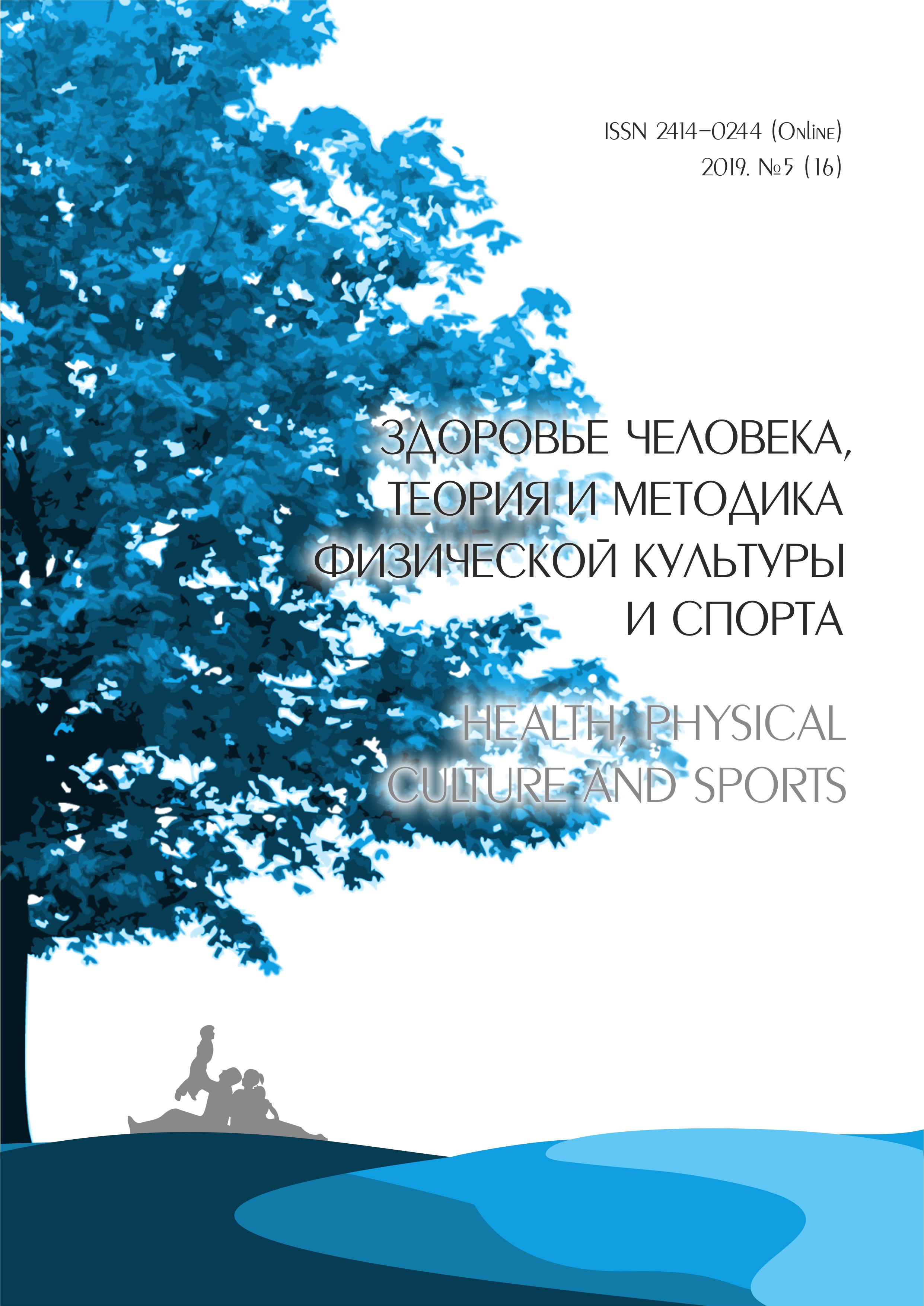ORTHODOX DIRECTION IN MODERN RESEARCH IN THE FIELD OF HEALTH PRACTICES AND METHODS
Abstract
From the point of view of Orthodoxy, it is assumed that the causes of many diseases are disharmonic psychological condition, imbalance of ethical consciousness of man, including related to violation of commandments. It is indicative that such an approach is quite in line with the proven Eastern philosophical-religious traditions of cleansing, education, harmonization and comprehensive rehabilitation of mans. But, of course, in no case are strictly medical methods of health improvement and treatment excluded. Today it is no accident that a number of researchers declare the emergence of a whole direction in the sphere of health improvement, Within the framework of which not only church servants, but also scientists from various fields of knowledge and sciences about man come to the realization of the need for the development of the heart, A large number of scientists also note that without understanding the subtleties of the energy nature of man (Energy Information Plan) medicine, despite huge steps forward in the field of new technologies, cannot yet be considered a full-fledged knowledge system. Therefore, at the border of this transition, information medical technologies are beginning to emerge in modern science, and it is increasingly acceptable that it is considered that it is necessary to treat not only the body, but also the soul of the person in their complex. On the one hand, such an approach does not deny the achievements of medicine, and on the other, in a number of serious ailments sees spiritual and moral causes and develops methods of their elimination. Therefore, the Orthodox direction in modern medicine has serious prospects and can become one of the components of medicine of the near future.
Downloads
References
2. Григорий Палама. Триады. Слово в защиту священнобезмолствующих. – М: Канон, 1995. – 383 с.
3. Митр. Иерофей (Влахос). Православная психотерапия / Пер. с греч. Крюкова А. – М.: Свято-Троицкая Сергиева Лавра, 2004. – 368 с.
4. Православная церковь и современная медицина / Под ред. С.Филимонова. – СПб.: Общество святителя ВАСИЛИЯ ВЕЛИКОГО, 2000. – 432 с.
5. Фокин Ю.Н. Вера. Отчизна. Жизнь. – СПб.: Сатисъ, Держава, 2003. – 139 с.
6. Цветослов советов / Пер. с новогреч. Иером. Агафангела (Легача). ¬ Святая Гора Афон: Пустынь Новая Фиваида Афонского Русского Пантелеимонова монастыря, 2008. ¬ 532 с.
7. Сковорода Г.Соч. в 2 т. – М.: Мысль, 1973 – Т. 1. – 511 с., Т.2. – 486 с.
8. Вышеславцев Б.П. Значение сердца в религии / Путь. Орган русской религиозной мысли. Кн.1. – М.: Информ-Прогресс, 1992. – 752 с.
9. Институт математики сердца: [Электронный ресурс] / Институт математики сердца. — Режим доступа: http://www.heartmath.org/research
10. Артамонова Т.А. Познающая роль сердца: некоторые аспекты с позиций учения «Живой Этики» / Т.А. Артамонова // Интеллектуальный потенциал ученых России: сб. науч. трудов Сибирского института знаниеведения Вып. ХIII / отв. ред. Е.В. Ушакова, Ю.И. Колюжов. Барнаул: ИП Колмогоров И.А., 2013. С. 253-256.
REFERENCES
1. Gur'ev N.D. Strasti i ih voploshchenie v boleznyah (somaticheskih i nervno-psihicheskih). – M.: Ekosprom, ZAO Argo-kniga, 2000. – 192 p.
2. Grigorij Palama. Triady. Slovo v zashchitu svyashchennobezmolstvuyushchih. – M: Kanon, 1995. – 383 s.
3. Mitr. Ierofej (Vlahos). Pravoslavnaya psihoterapiya . Per. s grech. Kryukova A. – M.: Svyato-Troickaya Sergieva Lavra, 2004. – 368 p.
4. Pravoslavnaya cerkov' i sovremennaya medicina . Pod red. S.Filimonova. – SPb.: Obshchestvo svyatitelya VASILIYA VELIKOGO, 2000. – 432 p.
5. Fokin YU.N. Vera. Otchizna. ZHizn'. – SPb.: Satis", Derzhava, 2003. – 139 p.
6. Cvetoslov sovetov ю Per. s novogrech. Ierom. Agafangela (Legacha). – Svyataya Gora Afon: Pustyn' Novaya Fivaida Afonskogo Russkogo Panteleimonova monastyrya, 2008. – 532 s.
7. Skovoroda G.Soch. v 2 t. – M.: Mysl', 1973 – T. 1. – 511 p., T.2. – 486 p.
8. Vysheslavcev B.P. Znachenie serdca v religii . Put'. Organ russkoj religioznoj mysli. Kn.1. – M.: Inform-Progress, 1992. – 752 p.
9. Institut matematiki serdca: Institut matematiki serdca. URL: http://www.heartmath.org/research
10. Artamonova T.A. Poznayushchaya rol' serdca: nekotorye aspekty s pozicij ucheniya «ZHivoj Etiki» . Intellektual'nyj potencial uchenyh Rossii: sb. nauch. trudov Sibirskogo instituta znanievedeniya. – Vyp. HIII . otv. red. E.V. Ushakova, YU.I. Kolyuzhov. – Barnaul: IP Kolmogorov I.A., 2013. – pp. 253-256.
An author should not normally publish manuscripts describing essentially the same research in multiple journals or publication venues. Such redundant publication is generally considered to constitute unethical publishing behavior, and if discovered may result in a manuscript under consideration being rejected, or a published article being retracted.
Authors of manuscripts reporting on original research should present an accurate account of the work performed, accompanied by an objective discussion of its significance. Underlying data should be represented accurately in the manuscript. The manuscript should contain sufficient detail and references to permit others to replicate the work. The fabrication of results and the making of fraudulent or knowingly inaccurate statements constitute unethical behavior and may be cause for rejection or retraction of a manuscript or published article.





